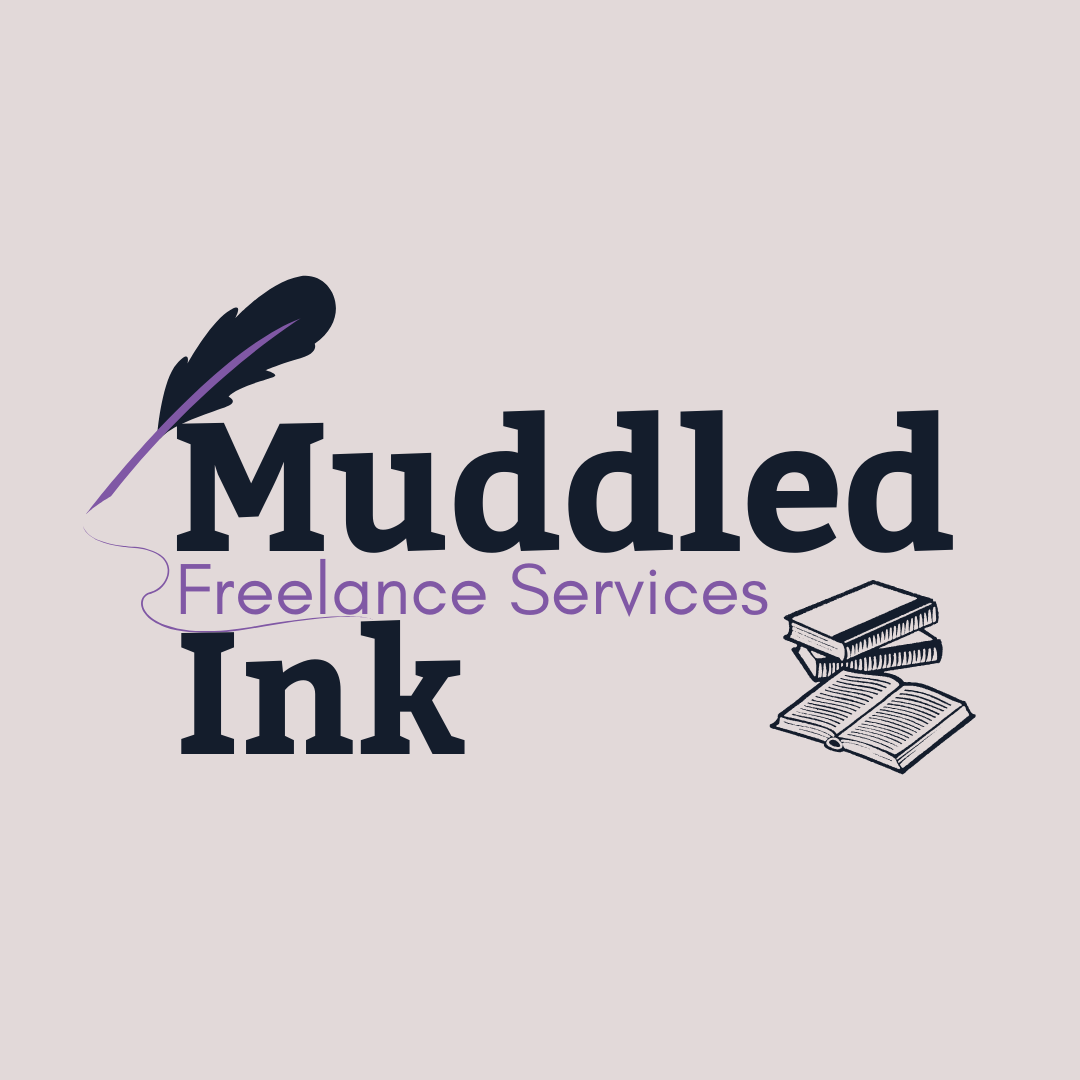Writers! Crutch Words Can Be The Death Of Your Novel — Yes, It’s That Serious
There is one little thing that can completely ruin your entire book if it’s not acknowledged and fixed, and every single writer does it, whether they want to admit it or not. No one’s safe!
I am not the only writer who has a favorite crutch word . . . or two . . . or three. In fact, I know I’m not, because it is one of the most commonly found errors I find in my client’s work. Like I said, every writer does it.
If you don’t know what a crutch word is, it’s a word (or a phrase) that you are comfortable with in your inner dialogue. It makes sense in your brain, so you use it precariously when writing. You won’t even notice how bad it is, until someone else reads your writing and they see it every other sentence. Thus, they hate it, and by default, that shifts to your story as a whole.
Having too many crutch words readily available in your manuscript is an easy way to ruin your book, because it makes your writing predictable. We don’t want that, do we? I’m even going to take it a step further. Not only does it make your writing predictable, but it also makes it annoying as hell. We definitely don’t want that.
That’s why editors and proofreaders are important. They can see all those writing quirks you have, call them out, and fix them by making sure there is variety and consistent flow to your sentences and paragraphs. Any editor or proofreader worth their salt is going to notice these mistakes and offer suggestions on how to rework them for a higher quality manuscript that’s cohesive.
Alright, writers! That doesn’t mean that you can’t be proactive.
To avoid crutch words monopolizing your story, here’s what I want you to do:
Get familiar with common crutch words like “actually”, “literally”, “absolutely”, “exactly”, “like”, “also”, and more. Then go through your writing and zone in on the ones specific to you. List them out and find a few synonyms or alternate phrases to replace them with. This allows you to have a bit of a cheat-sheet at your disposal moving forward, so you have one last thing to worry about when trying to get your manuscript together for your chosen editor.
Maybe you’ll find them all, maybe you’re a little blind to them and only find a few. That’s fine. Again, that’s what editors are for. This just allows you to be a more mindful and intentional writer, so you can get used to making different choices while in the middle of your creative flow.
Happy writing!
